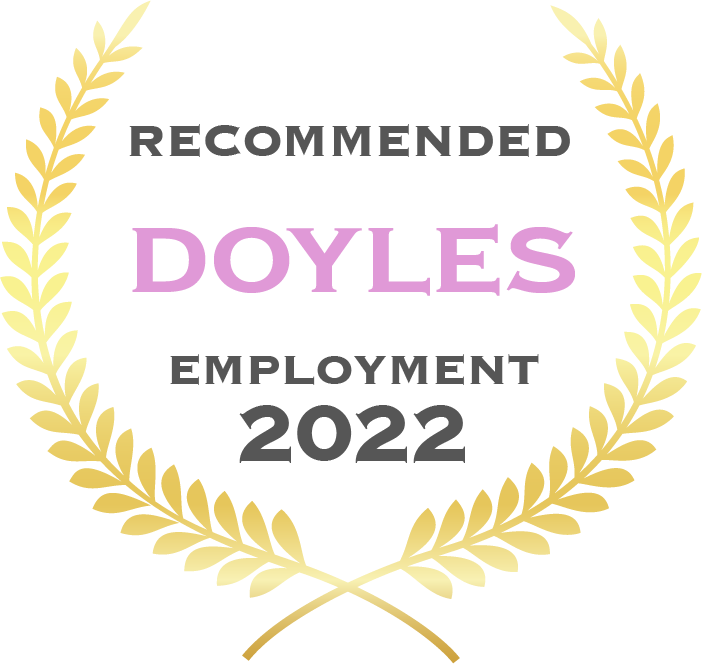Liability for sexual harassment in the workplace: Am I doing enough to protect my business?
The raft of sexual harassment, indecent assault and rape allegations that have been made within the entertainment industry in recent months has put the spotlight on sexual harassment in the workplace. Particularly, on the questions around, did the employer/management know? Did they fail to act? Did they turn a blind eye to the behaviour because of the perpetrator’s value to the business? And if they did, what are the consequences?
Australian sexual harassment laws
Under the numerous pieces of State and federal laws in Australia dealing with sexual harassment, employers are generally ‘vicariously’ (or automatically) liable for sexual harassment that one of their employees perpetrates against another. This is the case even if the employer is not aware that the harassment has occurred. This means that victims of sexual harassment often bring claims against the employer, as well as the person who actually sexually harassed them.
In most jurisdictions, an employer can defend a sexual harassment claim by proving that it took all reasonable steps to prevent the harassment occurring. This generally requires that the employer has appropriate policies against sexual harassment in place, trains staff in the policies, and enforces the policies when employees misbehave.
What kind of damages can be ordered for sexual harassment?
Employees can seek damages for sexual harassment. In recent years, awards for these claims have increased significantly, with the highest award thus far in Australia being approximately $332,280. However, one employee that suffered a psychiatric injury due to both bullying and sexual harassment, was awarded $1,360,027. The costs to business go beyond this to the costs of legal fees, lost productivity, lost morale and, importantly for particular Australian entertainers, brand damage. Sexual harassment that also amounts to bullying will be a criminal offence.
But what amounts to sexual harassment?
The definition of sexual harassment is very wide and includes any conduct of a sexual nature that is unwelcome, and that a reasonable person would anticipate would have offended, humiliated or intimidated. It includes everything from:
- suggestive comments
- being exposed to a sexually explicit image or website
- groping
- requests for sex
- leering or staring at another person, or
- brushing up against them or showing unnecessary familiarity.
Having a sexually permeated or hostile workplace culture will amount to sexual harassment.
What if the victim doesn’t want to make a ‘formal’ complaint?
Often employees will report sexual harassment but express a desire not to make a ‘formal complaint’. Or another staff member reports the issue. However, once an employer has knowledge of the issue, they are bound to act to properly investigate and deal with the issue.
What do employers need to do?
Every business, at a minimum should:
- have a policy in place prohibiting sexual harassment and establishing a procedure for making complaints
- train staff in the policy and their obligations under it from time to time
- take action and enforce the policy where there is a breach – by properly investigating complaints, and disciplining employees who breach the policy
- ensure the employment contracts in place with staff oblige staff to comply with their employer’s policies, and
- ensure representatives of management role model appropriate behaviour.
Disclaimer – This article is provided for information purposes only and should not be regarded as legal advice. It should not be relied upon and specific legal advice always be sought before taking any action.







